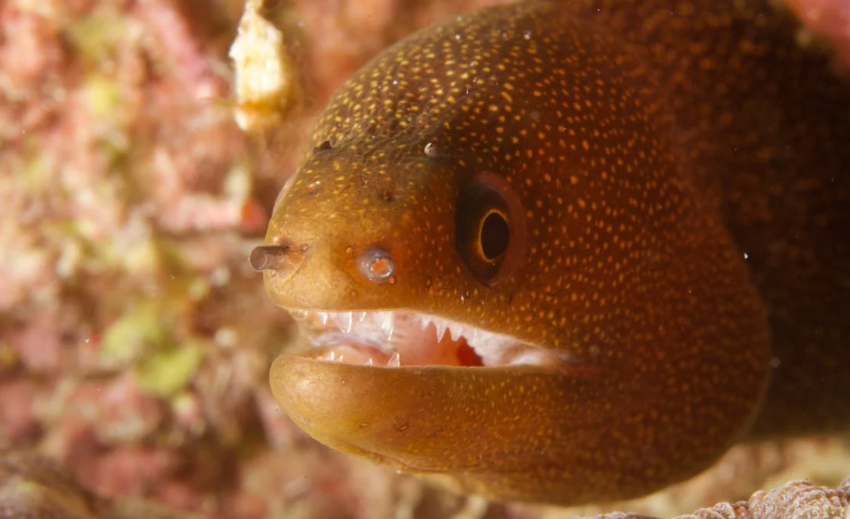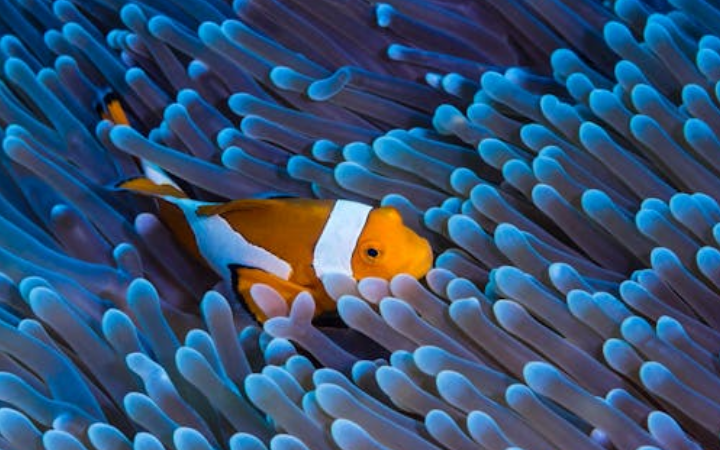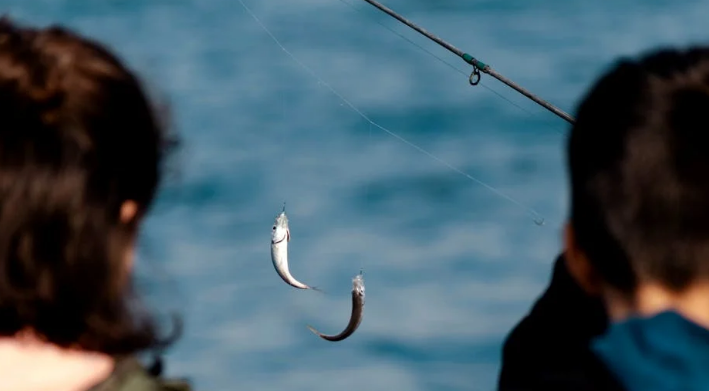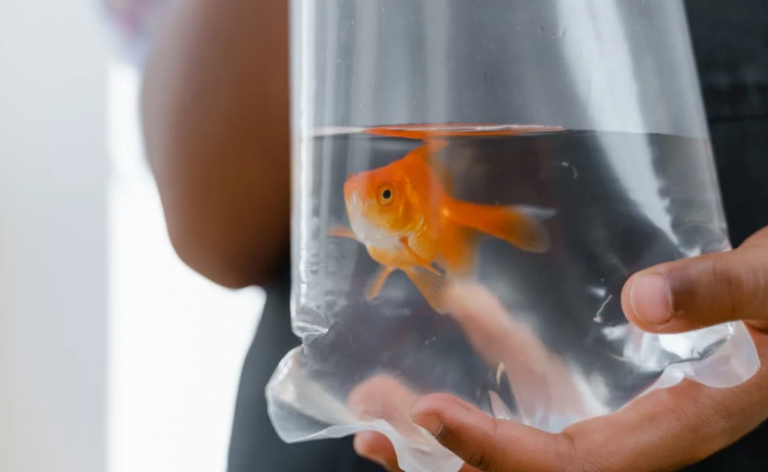Fishkeeping can be a delightful hobby. Watching fish swim peacefully in an aquarium is calming and fascinating. But what happens when your fish get sick? One of the most common diseases that affect fish is called Ich. Let’s explore what Ich is and how quickly it can kill fish.
Key Takeaways
- Ich is a common fish disease caused by a parasite.
- It appears as white spots on the fish’s body.
- Ich can kill fish if not treated quickly.
- Treatment involves raising the water temperature and using special medications.
- Prevention includes keeping the tank clean and quarantining new fish.

What is Ich?
Ich, short for Ichthyophthirius multifiliis, is a parasite. This tiny creature lives in water and looks for fish to infect. Once it finds a fish, it attaches to the skin, gills, and fins, forming white spots. These spots are often called “white spot disease.”
How Does Ich Infect Fish?
Ich goes through several stages in its life cycle:
- Tomont Stage: The parasite falls off the fish and forms a cyst.
- Theront Stage: The cyst releases many tiny parasites called theronts into the water.
- Trophont Stage: The theronts find a fish and burrow into its skin, causing the white spots.
Fish become sick because the parasite damages their skin and gills. This makes it hard for them to breathe and can lead to death if untreated.
Symptoms of Ich
Fish with Ich will show signs such as:
- White spots: These look like grains of salt or sugar on the fish’s body.
- Scratching: Fish may rub against objects to relieve itching.
- Gasping for air: Fish may come to the surface more often.
- Lethargy: Fish become less active and may not eat.
How Quickly Does Ich Kill Fish?
The speed at which Ich can kill fish depends on several factors:
- Fish Health: Healthy fish can fight off infections better. Weak or stressed fish are more vulnerable.
- Water Temperature: Ich grows faster in warmer water. At 75°F (24°C), the parasite’s life cycle is quick, and the infection can become severe within a week. In cooler water, the cycle slows down.
- Treatment: If Ich is not treated promptly, it can kill fish within a few days to a week. However, with quick and proper treatment, most fish can recover.
How to Treat Ich
Step 1: Raise the Water Temperature
Ich thrives at lower temperatures. Raising the water temperature to about 80-82°F (27-28°C) can speed up the parasite’s life cycle, making it easier to kill. However, make sure your fish can tolerate the higher temperature before adjusting it.
Step 2: Use Medication
There are many medications available to treat Ich. Common ones include:
- Malachite Green: Effective but can be toxic to plants and invertebrates.
- Copper-based Treatments: Very effective but must be used carefully to avoid harming the fish.
- Salt Treatments: Adding aquarium salt can help in mild cases, but some fish are sensitive to salt.
Always follow the instructions on the medication package for the best results.
Read Also: Can I Feed a Betta Fish Goldfish Food?
Step 3: Maintain Good Water Quality
Clean water helps fish recover faster. Regularly change 25-50% of the tank water and remove any uneaten food or waste.
How to Prevent Ich
Preventing Ich is better than curing it. Here are some tips to keep your fish healthy:
Quarantine New Fish
New fish can bring Ich into your tank. Keep them in a separate quarantine tank for at least two weeks before adding them to your main tank. This helps you spot and treat any diseases early.
Maintain Clean Water
Dirty water can stress fish and make them more susceptible to diseases. Use a good filter and perform regular water changes.
Avoid Overcrowding
Too many fish in one tank can lead to poor water quality and stress. Make sure your tank is big enough for all your fish.
Feed a Balanced Diet
Healthy fish can fight off infections better. Feed your fish a variety of high-quality foods to keep them strong.
Ich and Different Fish Species
Different types of fish have different levels of resistance to Ich.
- Goldfish: Very prone to Ich, especially in cooler water.
- Tetras: Small and sensitive, they can get very sick quickly.
- Cichlids: Often tough but can be infected if stressed.
Knowing how your specific fish react to Ich can help you treat and prevent it effectively.
Read Also: Why Does My Aircon Smell Like Fish?
Common Misconceptions about Ich
There are many myths about Ich. Let’s clear some up:
Myth 1: Ich Only Affects Freshwater Fish
While Ich is more common in freshwater tanks, a similar parasite, called Cryptocaryon, affects saltwater fish.
Myth 2: Ich Will Go Away on Its Own
Without treatment, Ich will not disappear. The parasite will continue to multiply and can kill your fish.
Myth 3: You Can Use Any Treatment on Any Fish
Different fish react differently to medications. Always check if the treatment is safe for your fish species.
FAQs About Ich and FIsh
How long does it take for Ich to kill fish?
Ich can kill fish within a few days to a week if not treated. The exact time depends on the fish’s health, water temperature, and how quickly treatment begins.
Can fish survive Ich without treatment?
It’s very unlikely. Without treatment, the parasite will keep growing and spreading, leading to severe health problems and likely death.
How do I know if my fish have Ich?
Look for white spots on the fish’s body, fins, and gills. Also, watch for behaviors like scratching against objects or gasping for air at the surface.
Is Ich contagious to other fish?
Yes, Ich is highly contagious. If one fish has it, it can quickly spread to others in the tank.
How can I prevent Ich in my tank?
Quarantine new fish, keep the water clean, avoid overcrowding, and feed a balanced diet to keep your fish healthy and less prone to infections.
Final Words:
Ich is a serious but treatable disease. Acting quickly at the first signs can save your fish from suffering. Always keep your tank clean and monitor your fish’s health regularly to prevent outbreaks. By following these tips, you can enjoy a beautiful and healthy aquarium.



